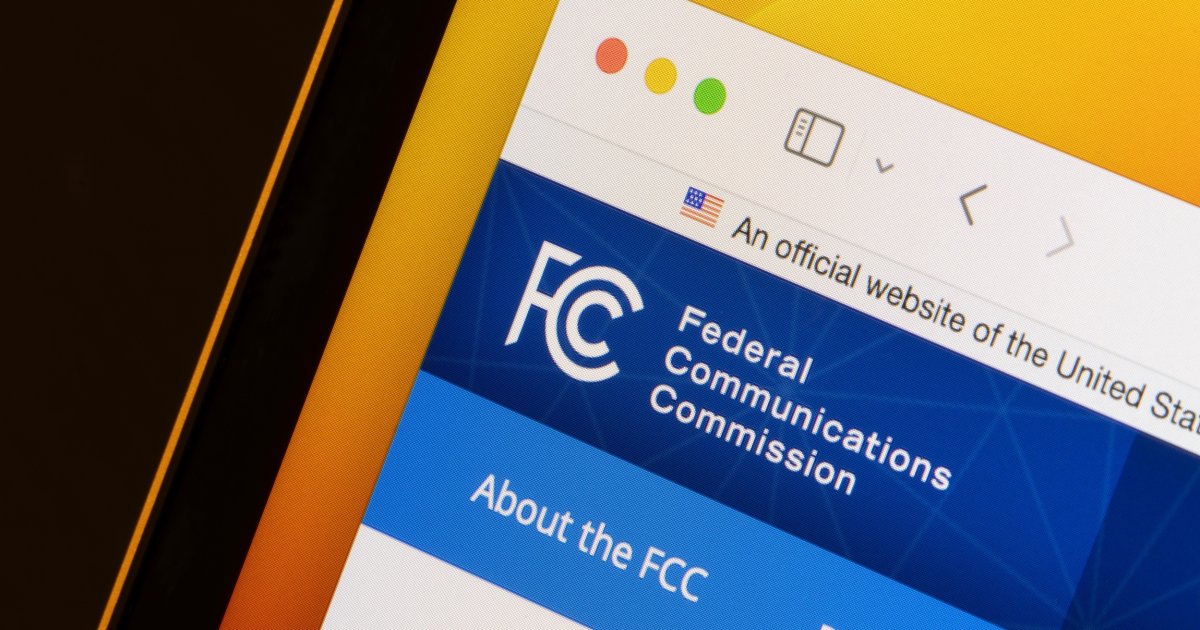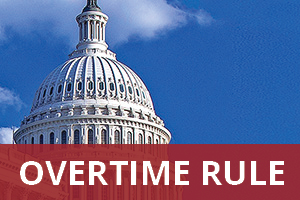Over the past five years, I have adapted to a litany of new policies, procedures and restructurings at both the level of the college and the state: a shift in summer semester length, increased class sizes, a collegewide administrative reorganization, a syllabus review searching for language related to the Israel-Palestine conflict and state rewriting of course outcomes. Throughout all this, I remained radically optimistic, suspending any criticism—and the anticipated upheaval usually subsided. Most changes happen for good reason (they are not, usually, implemented arbitrarily) and are unobtrusive to my activities as a professor. In short, I am noncynical and receptive to change, up to a reasonable threshold.
Florida’s newly amended regulations for college syllabi, which require professors at public universities to publish their syllabi at least 45 days before the first day of class, crosses the threshold of reason. While there are concerns about the laboriousness of submitting a syllabus 45 days prior to the term, as well as potential political issues of censorship (some faculty argue syllabi are being made public to persecute unfavored views), my objection to this new policy is neither labor-based nor political. What is plainly concerning to me is the stipulation that all “required and recommended” readings must be included on the syllabus before the semester starts. This means that no new readings can be added (since that would violate the binding, prepublished syllabus), making the reading list inflexible and leading to pedagogically stunted classrooms.
This is not a proxy for a covert political argument. Actually, my criticism of static reading lists has nothing to do with politics, though the policies reflect a partisan political agenda: It is about pedagogy. The problem is not that the readings would be made public, but instead that they would be fixed, circumscribing professors’ creative interventions after a term has begun. Transparency is not what is at stake here; it is agency. Every instructor collates readings for a course before the start date (and, to be charitable, ensuring faculty prepare courses early—when possible—may be a good thing), but losing the ability to substitute readings during a semester is a diminution of effective teaching, which demands perpetual refinement.
A good class will always evolve, however subtly, from semester to semester—a change in course policy, an additional reading (or omitted reading), a tweaked assignment or a new in-class activity that one discovers at a teaching conference. Occasionally, these changes are made intrasemesterly, spurred by the realization that another approach will better serve student learning. To be clear, an instructor probably should not outright replace their entire reading list midsemester, yet they must retain the ability to make decisions regarding readings as the semester unfolds, rather than be tethered to a static reading list. A college classroom necessitates instructor agency, and anything meaningfully restricting that agency renders the classroom, in turn, less dynamic for students.
Consider how limiting an instructor’s ability to change readings, as needed, undermines a course’s engagement with the outside world. In the fall, I took a doctoral-level course on AI in the humanities. Although there were set readings each week, the professor provided weekly readings on AI software that was being developed in real time. The static readings, no matter how meticulously chosen, simply could not keep pace with this emergent technology, and the newly added weekly readings were often the most insightful. Florida’s new syllabus policy will preclude a practice like this. It is crucial to note that this was not, in any way, an unprepared instructor lazily adding readings as the term went on, but rather an instructor who was working harder by supplementing an already-robust reading list with freshly published material.
In my own courses, as an instructor of first-year composition, I walk a continually renegotiated line between challenging students and facilitating discussion and interest. I’m aware that some of the readings may be difficult for students (for instance, when teaching them how to read peer-reviewed academic articles), yet other times, I want more accessible readings, ones that develop arguments that students can become really invested in, frequently on a topic they are already familiar with. That way, students can reflect on how compelling they find an argument (on something they may already have a partially developed position on)—and then, from there, we can dissect the argument together.
Last semester, I swapped out some in-class readings for two recently published argumentative essays on the Labubu toy trend (a polished, well-researched article from a national publication and an imperfect opinion piece from a smaller publication). In this instance, the readings worked perfectly: The essays generated a lively discussion, not only about their content (Labubus and fleeting collectible trends in general) but also about the structure of the essays and their rhetorical effectiveness. Assigning texts like these demonstrates to students that writing isn’t a practice only occurring in the classroom, but an activity contending with the actual world, whether the subject is as timeless as poverty or as ephemeral as Labubus.
How would it be possible to assign readings about a passing trend—to capture student interest—when all readings must be fixed before the trend even begins? A course can only be responsive to the world if the instructor has the requisite agency over the readings they assign. To a reasonable degree, reading lists must be adjustable.
Of course, my example of arguments about Labubus is, in a sense, trivial—it isn’t actually about the content of the essays, but the fact that students could relate to the topical content (my courses teach students writing, argumentation and research—not consumer trends). Consider, though, a course in the hard sciences: If an instructor becomes aware of a new discovery, rendering a previous scientific claim outdated, should they not be permitted to exchange readings about the old claim with those about the new discovery? Or should they remain bound to outdated science in the name of “transparency”?
I view the new mandate on syllabi and reading lists as an unfortunate precursor to overstandardization (the kind pervasive in the K–12 educational environment), which is explicitly restrictive. Pragmatically, as I’ve argued, there are grounds to avoid this encroachment into the instructor’s classroom since it subdues pedagogical inventiveness. However, we should think not only about the utility of autonomy, but also about the principle. A professor should retain autonomy over the delivery of material—structured around the state- and college-mandated outcomes of the course—because this is what it means for a student to take a course in college. A professor is not a convenient vessel for predetermined content; they are, at their best, an expert curator of material to facilitate student learning.
Ask anyone, instructor or student, if they are better served by increased standardization and attenuated classroom novelty (whether in the name of transparency or not), and it seems to me beyond doubt that neither will say they prefer rote modes of learning to those that enable improvisation and up-to-the-moment expert curation.








